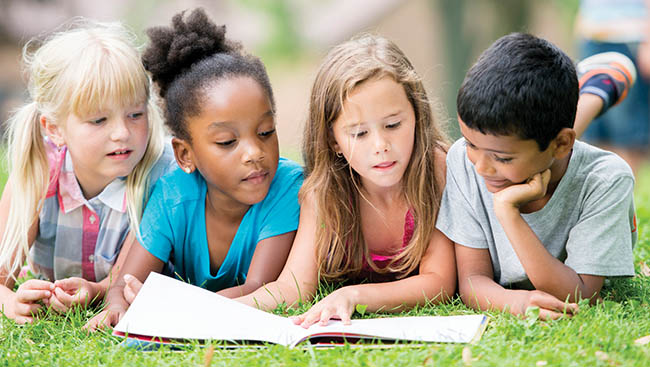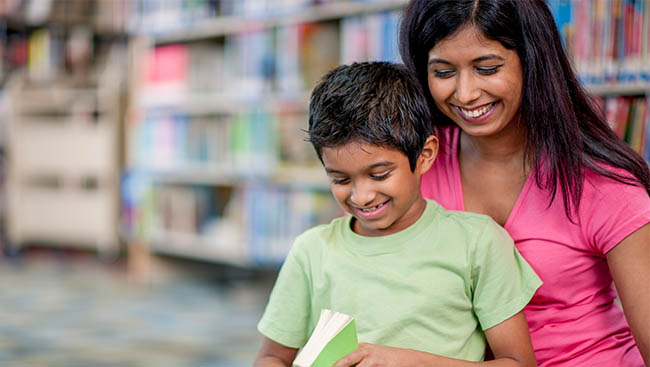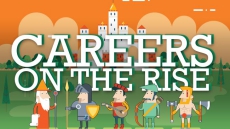Learning multiple languages can not only help you communicate with family members and the community but can also give you an economic or academic advantage for the future.
Renowned British psycholinguist, Frank Smith, said, “One language sets you in a corridor of life. Two languages open every door along the way.” As technology has expanded and globalization accelerated, the world as we know it has become a global village, in which we have evolved into quintessential global citizens. From childhood and adolescence to adulthood, individuals are now focusing on learning multiple languages, not only to communicate with family members and their respective communities, but to also gain an academic or economic advantage for the future.
“We are now living in a global village, and language is always a great asset,” says Balwant Sanghera, a retired school psychologist, community activist, and president of Punjabi Language Education Association. “The more languages you know, speak or can understand, the greater the benefit is to you.”

Dr. Deborah MacNamara, a child counsellor, educator and author, adds to this sentiment, “There is a belief that with a global based economy, multiple languages is advantageous in the long term…and a belief that the world is smaller and multiple languages give us insight into being a global citizen.”
From an academic or economic perspective, students are choosing to learn languages ranging from French and Spanish to Chinese and Punjabi, which will assist them in future careers. In particular, Punjabi is one of the most spoken languages in Canada, and according to Sanghera, there is a demand for dual-speaking individuals who can speak both English and Punjabi in a number of professions like government agencies, hospitals, banks and businesses. Speaking multiple languages is “an asset for employment,” he adds.
Today’s parents understand the importance of language, and many are teaching their native language or ‘mother tongue’ to their children in order to keep them connected to their ancestral roots. MacNamara says parents that have immigrated to a country where their language “differs from the dominant culture,” will want to share their language with their children. “It’s really because they want to share their history with the child and language embodies one’s history, values and culture.”


Children, language and development
According to the Urban Child Institute (UCI), the first three years of a child’s life are “the most critical for language development, as the child’s brain is developing rapidly and is at its most receptive to new information.”
MacNamara, who is the founder of Kid’s Best Bet Development Clinic in Vancouver, and faculty at the Neufeld Institute, states that whatever your child is “exposed to helps shape the brain and the connections that are made. So whether it’s music or language, the brain is geared to wire up in conjunction with whatever the child or adolescent is experiencing in their every day world.”







